Illinois Implements New LGBTQ History Law
As a member of the LGBTQ+ community, LHS senior Albert Sterner is happy about this new law getting passed.
At the beginning of August, the Illinois Congress passed a statewide law stating that, at the start of next school year, schools must implement LGBTQ history into their curriculum.
According to this recent legislation, the Inclusive Curriculum Law, students must be well-informed of LGBTQ people who have contributed to state and national history by the end of eighth grade, meaning the law does not officially apply to high school curriculum.
The bill was introduced and sponsored by State Representative Anna Moeller from the 43rd District and State Senator Heather Steans from the 7th District.
Government and psychology teacher Mrs. Laura Brandt believes that the “Obergefell v. Hodges case [was] sort of a grassroots movement [for the bill].” This 2015 Supreme Court case legalized gay marriage throughout the country, and Mrs. Brandt believes that this helped to push states like Illinois and California to pass laws concerning LGBTQ history.
She also remarked that it would make sense to compare the similarities and differences between the fight for civil rights in the ‘60s and the fight for gay rights now. While not required at the high school level, Mrs. Brandt suggested U.S. history classes could combine an African American civil rights unit with one on the LGBTQ civil rights movement.
U.S. history teacher Mrs. Sarah Greenswag also considers combining the two to be beneficial. However, Mrs. Greenswag believes that LGBTQ rights should be brought up a multitude of times, not just in one unit. The first part of history that Mrs. Greenswag sees as significant for LGBTQ history is the era of cowboys. Because so many men were living among each other with no women, “there was all of this homosexual activity that was happening, but nobody cared because it was just seen as normal because that was your only option,” Mrs. Greenswag stated.
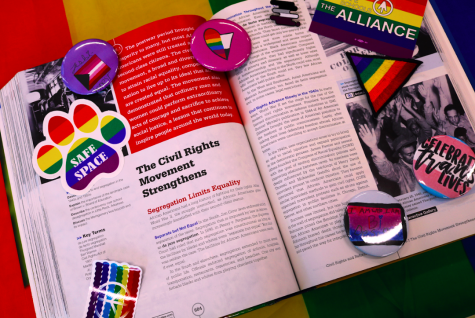
At the start of the 2020 school year, LGBTQ+ history will start to be integrated into the new history curriculum in Illinois schools. Pins courtesy of Libertyville’s GSA club sponsor.
Mrs. Greenswag also strongly believed that while the law does not technically require high schools to teach LGBTQ history, they still should. She asserted that “a lot of students and teenagers in general don’t know their sexual identity before eighth grade.” As a result, Mrs. Greenswag believes that teaching LGBTQ history in high school is a fantastic way to help students better understand exactly who they are and realize “there’s a lot of people like [them].”
Teachers are not the only ones to have opinions on Illinois’ new law. Albert Sterner, a senior, was quick to point out how many people did not know that homosexual behavior had once been considered a crime in America and was labeled as a mental illness until 1973 by the American Psychiatric Association. Because of this lack of knowledge, Sterner stated that “it’s really frustrating to talk to someone about queer history, and they just don’t understand.” Sterner believes that teaching LGBTQ history will help people understand that being part of the LGBTQ community is not a bad thing.
Like Mrs. Brandt, Sterner explained that looping an LGBTQ unit in with the civil rights unit makes sense: “It wasn’t just people of color fighting for rights. It was gay people. It was disabled people.”
However, Sterner explained that learning a lot about the subject after eighth grade makes more sense to him than before.
Sam Krinninger, another senior, agrees with Sterner that LGBTQ history doesn’t need to be required before high school. However, his views come from his belief that people “who aren’t supporters of the LGBTQ [community] could possibly find it offensive” and wouldn’t want their children learning about sexuality at a young age. Krinninger also stated that learning “how the LGBTQ community [in general] started” should be an important part of the curriculum.



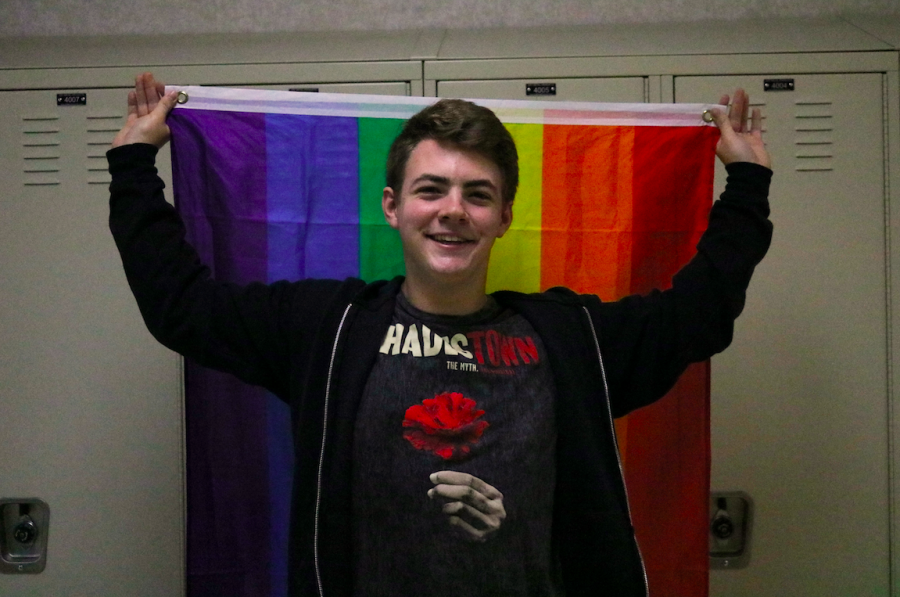
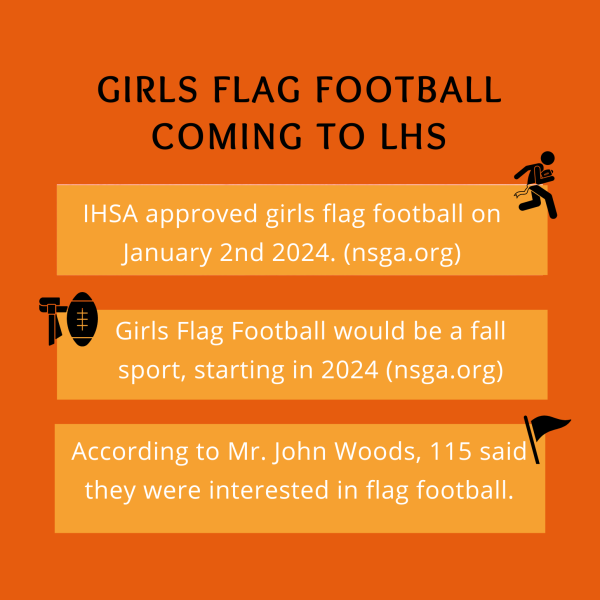

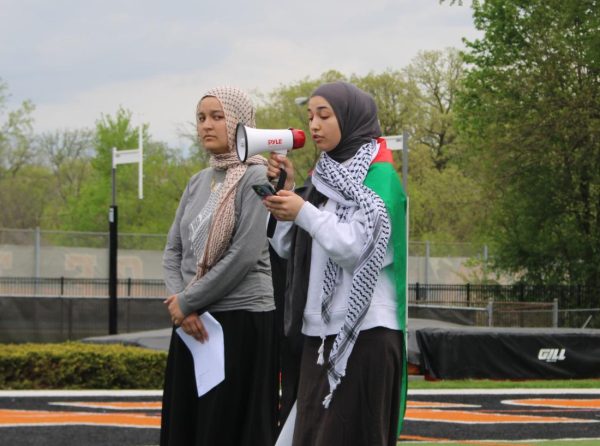

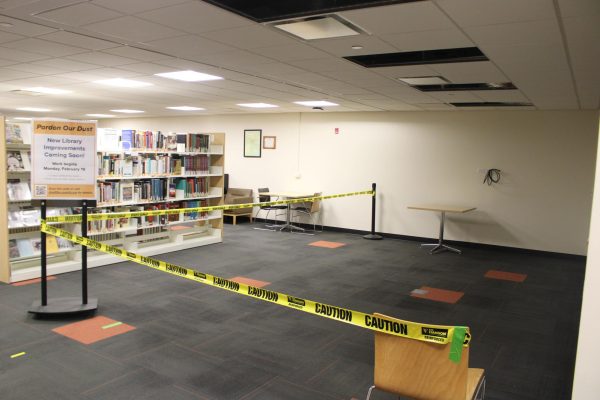
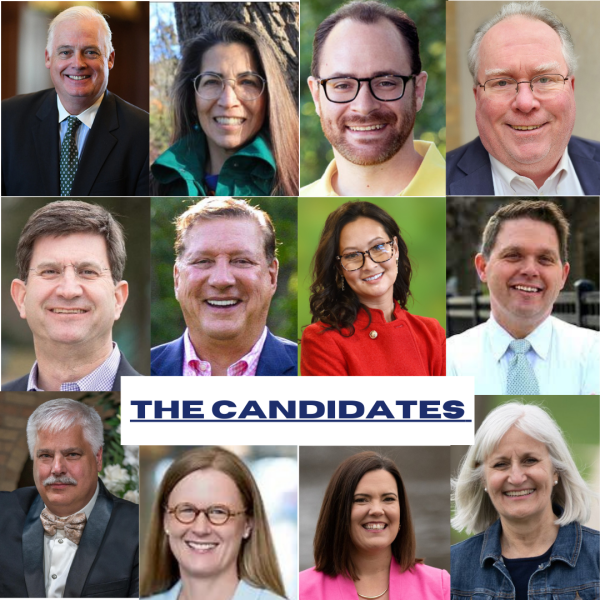
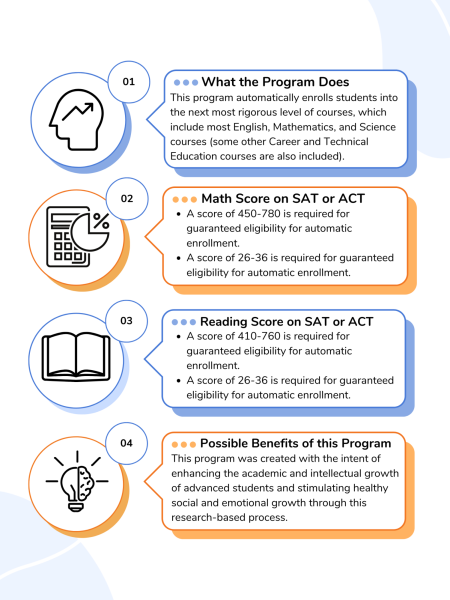
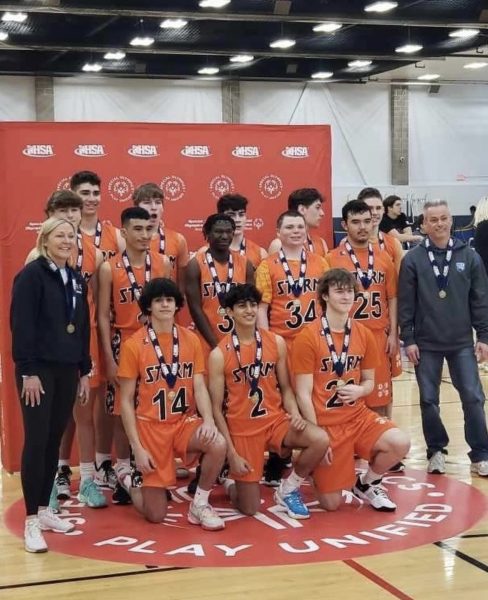
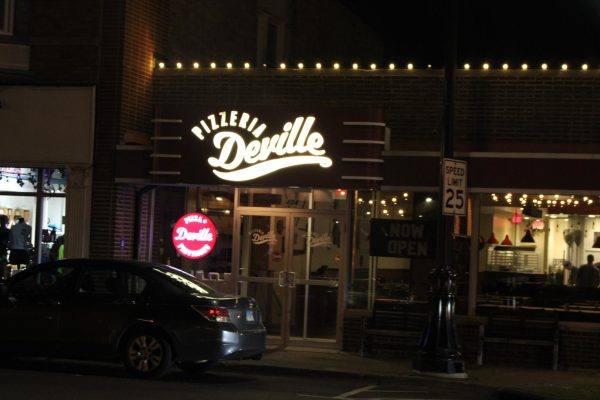

Carol • Oct 1, 2019 at 5:03 pm
Very well written but opinions and/or comments from those who think it’s a bad idea were not included.